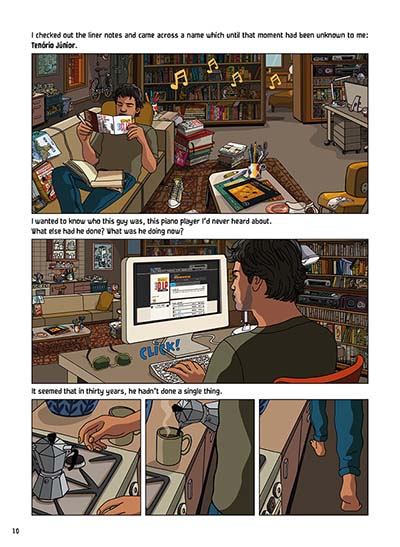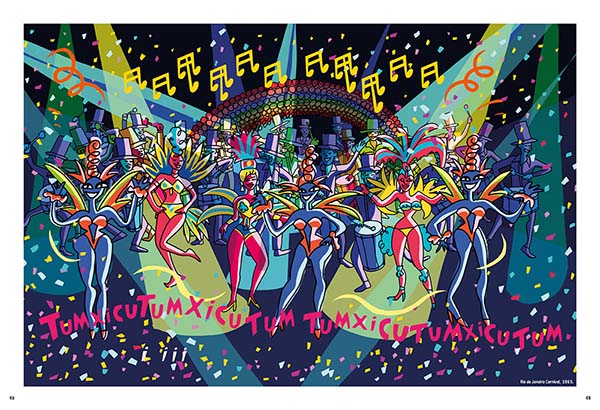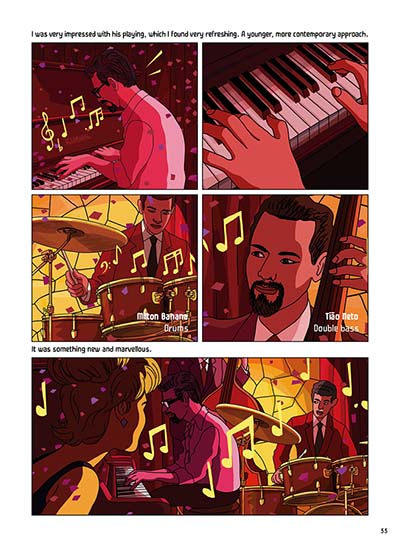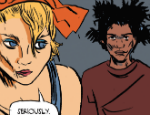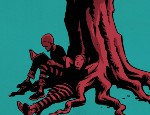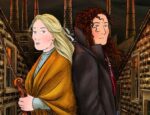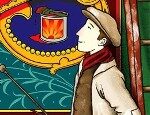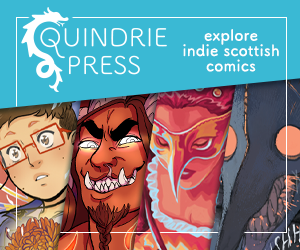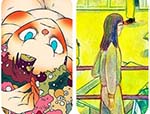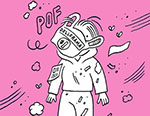A 2024 Broken Frontier Award-nominated book in the Best Graphic Non-Fiction category, writer Fernando Trueba and artist Javier Mariscal’s They Shot the Piano Player is both a celebration of a period of notable creativity in the Latino musical scene and the Bossa Nova jazz movement, and an investigation into one of its darkest moments. After performing in a concert in Buenos Aires in March 1976 acclaimed jazz pianist Francisco Tenório Cerqueira Júnior, aka Tenório Jr., went out to a local store to buy goods (for differing reasons depending on different accounts) in the early hours of the morning. That was the last anyone ever heard of him. Without direct confirmation it has always been assumed he fell foul of the regime’s police round-ups and was murdered shortly thereafter in prison.
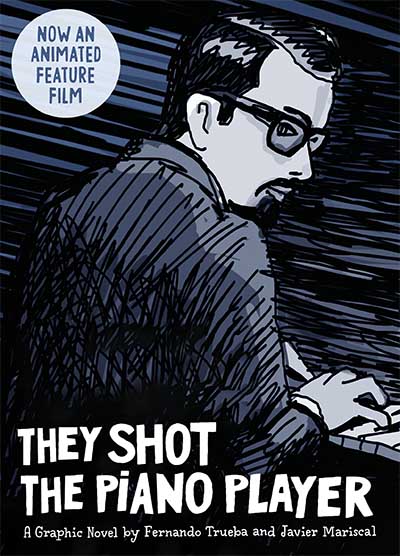
Also an animated documentary of the same name, They Shot the Piano Player follows a fictionalised journalist narrator as he attempts to piece together the clues surrounding Tenório’s disappearance. We hear from musical contemporaries, those who were there at the time, family members, and other commentators through short interview sequences. A picture slowly emerges in snapshots of a flawed but ultimately very human individual whose legacy would be immense. This despite his early death at 34, with just one solo album recorded.
They Shot the Piano Player blends scenes depicting a seminal time for samba jazz with the shadow of authoritarianism and dictatorships in South America. Its central figure becomes someone we know more through the reactions of other than any direct portrayal. In its own intangible way this makes the circumstances of his disappearance and death all the more tragic, seen through the lens of its ramifications on the lives of others, in particular his wife Carmen and their five children. One vital sequence involving the grandchildren he would never know strikes an especially poignant chord.
This is something that echoes throughout the book. The idea of what could have been. From a family left bereft of a husband and father through to just how much more pivotal his influence culturally would have been as a musician had he lived. There are, perhaps, points when the procession of “characters” that pass through these pages is so rapid that we don’t always get to appreciate how key their roles and observations may have been. But what is never lost is the existential dread of simply unknowing. The realisation that random terror can strike without explanation, revelation or reason.
Mariscal’s art and the considered use of colour herein are vital in communicating and embodying musical form in a non-auditory medium. The artist’s moody visuals also capture the oppression and casual brutality of the political realities of the times and the thousands of “disappeared”. The best graphic biographies don’t just document. They inspire the reader to want to investigate and learn more about their subjects. This is certainly the case with They Shot the Piano Player which explores one specific case but leaves its audience with, no doubt, more questions to ask about the wider picture.
Fernando Trueba (W), Javier Mariscal (A), Mediasur (T) • SelfMadeHero, £29.99
Review by Andy Oliver





